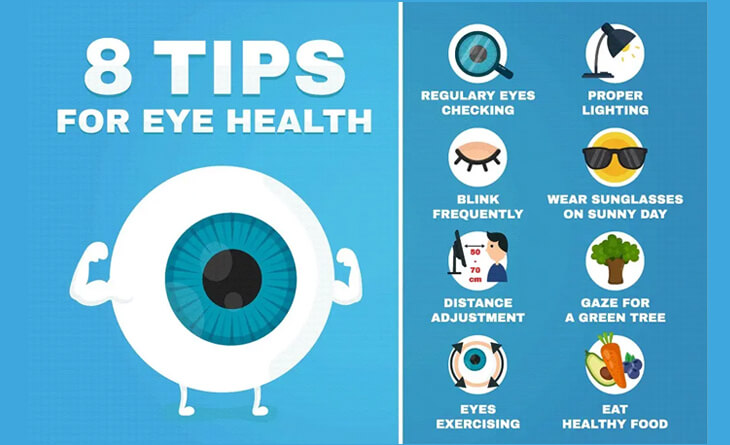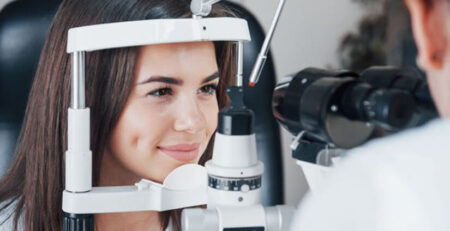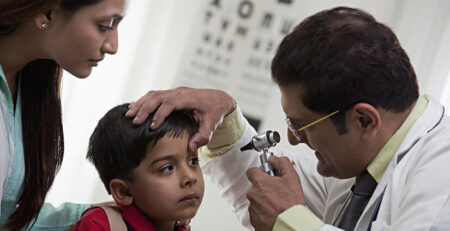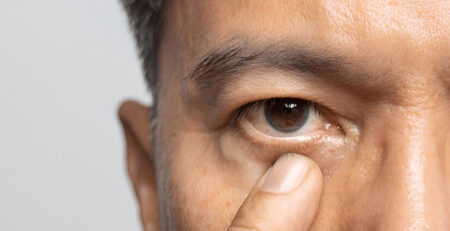How to Reduce Eye Number?
Have you ever wondered if there are ways to reduce your eye number or prevent it from getting worse? Many of us struggle with vision issues, whether it’s nearsightedness, farsightedness, or astigmatism. While some conditions like astigmatism and myopia may not be completely reversible, there are steps you can take to reduce eye number and maintain healthy vision for years to come. In this blog, we will explore various methods to reduce the eye number.
Type of Eye Number
There are three types of eye number:
Nearsightedness (myopia): In this eye condition, people find it difficult to see distant objects.
Hyperopia (Farsightedness): In this condition, people find it difficult to see near objects.
Astigmatism: Blurred vision at all distances due to an irregular-shaped cornea.

Tips to Reduce Eye Number Naturally
While it is not possible to reduce eye power in myopia and astigmatism, there are a few steps that you can take to maintain healthy vision and potentially slow down further progression:
Limit Screen Time: In today’s digital age, we spend more time than ever staring at screens, be it computers, smartphones, or tablets. Prolonged screen exposure can strain our eyes and worsen existing vision problems. To reduce your eye number, try to limit your screen time and take regular breaks to rest your eyes. The 20-20-20 rule is a good guideline: every 20 minutes, look away from your screen and focus on something 20 feet away for at least 20 seconds. It prevents computer vision syndrome and also reduces progression of myopia.
Reduce Near Work: Engaging in prolonged near-work activities such as reading or using electronic devices can contribute to refractive error progression. To minimize this risk, try to maintain a comfortable distance from your reading material or screen, and take frequent breaks to give your eyes a rest. Avoid lying down while reading.
Spend Time Outdoors: Studies have shown that spending time outdoors can help reduce the risk of worsening myopia. Aim to spend at least two hours a day outdoors to give your eyes a break.
Eat a Healthy Diet: A healthy diet is essential in maintaining good eye health. Include foods rich in vitamins A, C, and E, as well as antioxidants and omega-3 fatty acids, as these foods can reduce the risk of vision problems. Incorporate plenty of leafy greens, colourful fruits and vegetables, nuts, seeds, and fatty fish into your diet to support optimal eye health.
Regular Eye Exercises: Regular eye exercises such as focusing on near and far objects, rolling your eyes in circles, and blinking frequently can help improve eye muscle strength and flexibility, and can help you reduce the risks of worsening myopia. These eye exercises can help you to prevent dependency on eyeglasses or contact lenses in case of farsightedness.
Wear Prescribed Glasses: If you have a prescription for glasses or contact lenses, wearing them as directed by your eye specialist in Delhi will help correct your vision and prevent future damage.
Consider Refractive Surgery: For individuals over the age of 21-22, refractive surgery such as LASIK or PRK may be an option to permanently correct vision problems and reduce the need for glasses or contact lenses. However, it’s essential to consult with an eye doctor to determine if you are a suitable candidate for these procedures.
While these methods can help reduce eye number in certain vision problems and reduce the reliance on corrective lenses, they may not be able to completely reverse certain existing conditions. Therefore, by adopting healthy lifestyle habits and taking proactive steps to care for your eyes, you can maintain optimal vision and enjoy clear eyesight for years.











